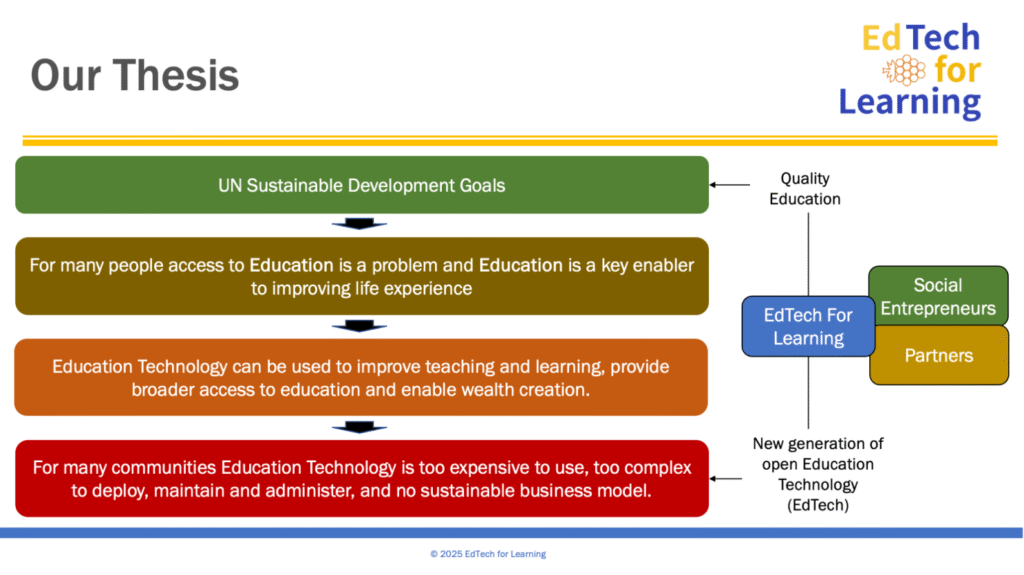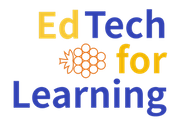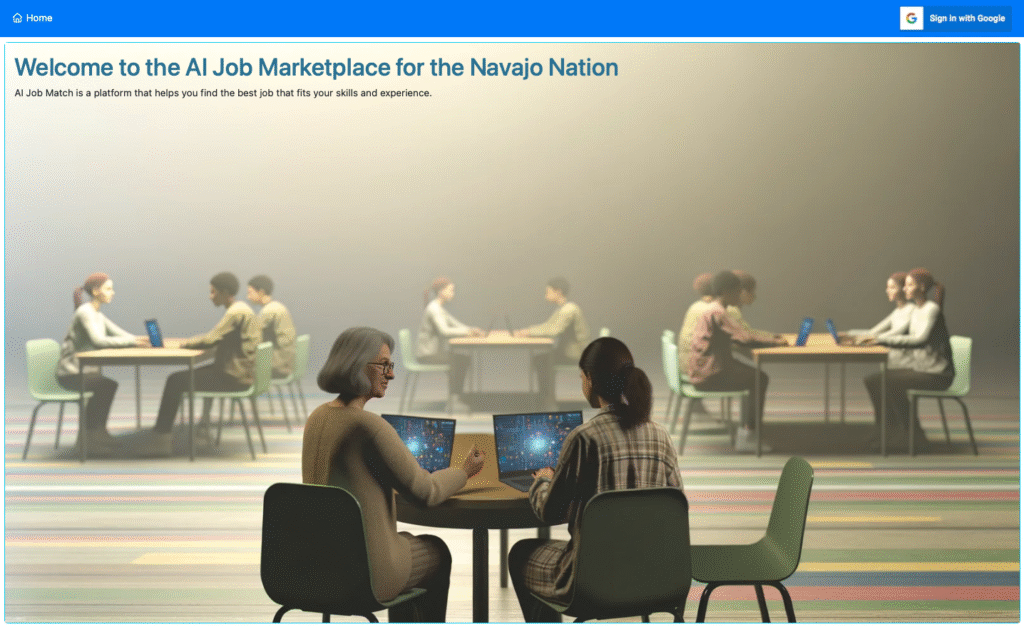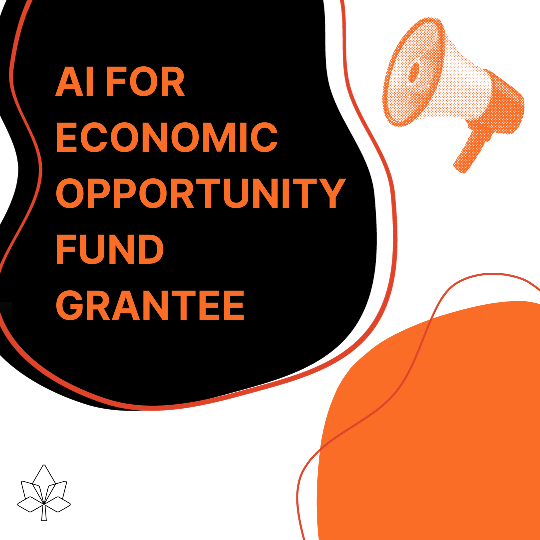The United Nations Sustainable Development Goals (SDGs) are a universal call to action to end poverty, protect the planet, and ensure peace and prosperity for all by 2030. Adopted in 2015 by all UN Member States as part of the 2030 Agenda for Sustainable Development, the 17 goals provide a comprehensive framework for addressing the world’s most pressing social, economic, and environmental challenges. The SDGs are interconnected, recognizing that progress in one area often depends on progress in others. For instance, quality education and gender equality contribute to economic growth, while climate action supports sustainable agriculture and water security. Implementation requires collaboration between governments, the private sector, civil society, and individuals. These SDGs (https://sdgs.un.org/goals) are an insightful summary of humanity’s failure for enlightened collaboration or to appreciate and look after our global environment.
From the perspective of EdTech For Learning’s mission statement the most relevant of the UN’s SDGs is number four (4), being “Quality Education” (https://sdgs.un.org/goals/goal4). However both SDGs five (5) and eight (8), “Gender Equality” (https://sdgs.un.org/goals/goal5) and “Decent Work and Economic Growth” (https://sdgs.un.org/goals/goal8) respectively are relevant. The goal of “Quality Education” is expressed as “Ensure inclusive and equitable quality education and promote lifelong learning opportunities for all”. This, Goal 4, focuses on ensuring inclusive and equitable quality education and promoting lifelong learning opportunities for all by 2030. Education is recognized as a fundamental human right and a key driver for achieving sustainable development. It empowers individuals, reduces poverty, promotes gender equality, fosters peace, and drives economic growth. However, millions of people around the world still lack access to quality education due to poverty, conflict, discrimination, and inadequate infrastructure.
Goal 4 comprises ten (10) specific targets that address different dimensions of education. These include universal access to free, equitable, and quality primary and secondary education (Target 4.1), ensuring that all children complete schooling leading to relevant learning outcomes. Early childhood development and pre-primary education (Target 4.2) aim to prepare children for primary education, recognizing that early learning lays the foundation for lifelong development. Technical, vocational and tertiary education (Target 4.3) seeks to ensure equal access for all, including women, persons with disabilities, and marginalized groups, to affordable and quality higher education. Skills for employment, decent jobs, and entrepreneurship (Target 4.4) focus on equipping youth and adults with the competencies needed for the workforce, particularly in a rapidly changing technological world.
Another key aspect of Goal 4 is the emphasis on eliminating gender disparities and ensuring equal access to all levels of education (Target 4.5). This includes addressing barriers faced by girls, persons with disabilities, indigenous peoples, and children in vulnerable situations. Literacy and numeracy (Target 4.6) aim for all youth and a substantial proportion of adults to achieve basic literacy and numeracy skills. Education for sustainable development and global citizenship (Target 4.7) highlights the need to integrate values such as human rights, gender equality, environmental awareness, and cultural diversity into education systems. The remaining targets (4.a–4.c) emphasise the importance of safe, inclusive learning environments, scholarships for developing countries, and the recruitment and training of qualified teachers, recognising that teacher quality is one of the strongest influences on student achievement.
The 2025 progress report on the SDGs is available at https://unstats.un.org/SDGS/REPORT/2025. The findings for “Quality Education (Goal 4) are:
- Education is vital for sustainable development, yet progress remains off track. While enrollment and completion rates have improved since 2015, with girls outperforming boys in most regions, progress is slowing. Meanwhile, 272 million children and youth remained out of school in 2023.
- Learning outcomes are declining in many countries. Although literacy has improved modestly, hundreds of millions of people remain illiterate, with women disproportionately affected. Deep inequalities persist due to gender, wealth and geography.
- To accelerate Goal 4, countries must prioritize inclusive policies and financing that simultaneously address access, learning and equity. This includes scaling up quality early childhood education, enforcing legal guarantees for free and compulsory education, closing digital and infrastructure gaps – especially in LDCs [Least Developed Country] – and expanding lifelong learning opportunities for adults and marginalised populations.
The EdTech for Learning mission statement includes “Access to good quality education is essential for the prosperity and fulfillment of individuals, organizations, countries and the world as a whole. Modern teaching and learning are, increasingly, dependent on access to good quality online content. Not everyone has access to education. The appropriate use of Education Technology (EdTech) can resolve many access and quality problems. Unfortunately, most EdTech is difficult and expensive to deploy.”

A visualisation of our solution thesis is shown in the accompanying diagram. We want to create open-source solutions that can be adopted and adapted by social entrepreneurs to support teaching and learning in their relevant communities.
A key component of that open-source solution is the creation of an AI-Powered Personal Tutor to support life-long learning and career development. We are building upon our extensive experience in education to create such a solution. More about this in later blogs.
Thanks to ChatGPT for providing various summaries of the SDGs (I have checked that these summaries are factually correct). Any criticism of humanity’s progress is all my own work.
Also published on the EdTech For Learning LinkedIn page: https://www.linkedin.com/pulse/united-nations-sustainable-development-goals-edtech-dapve/




